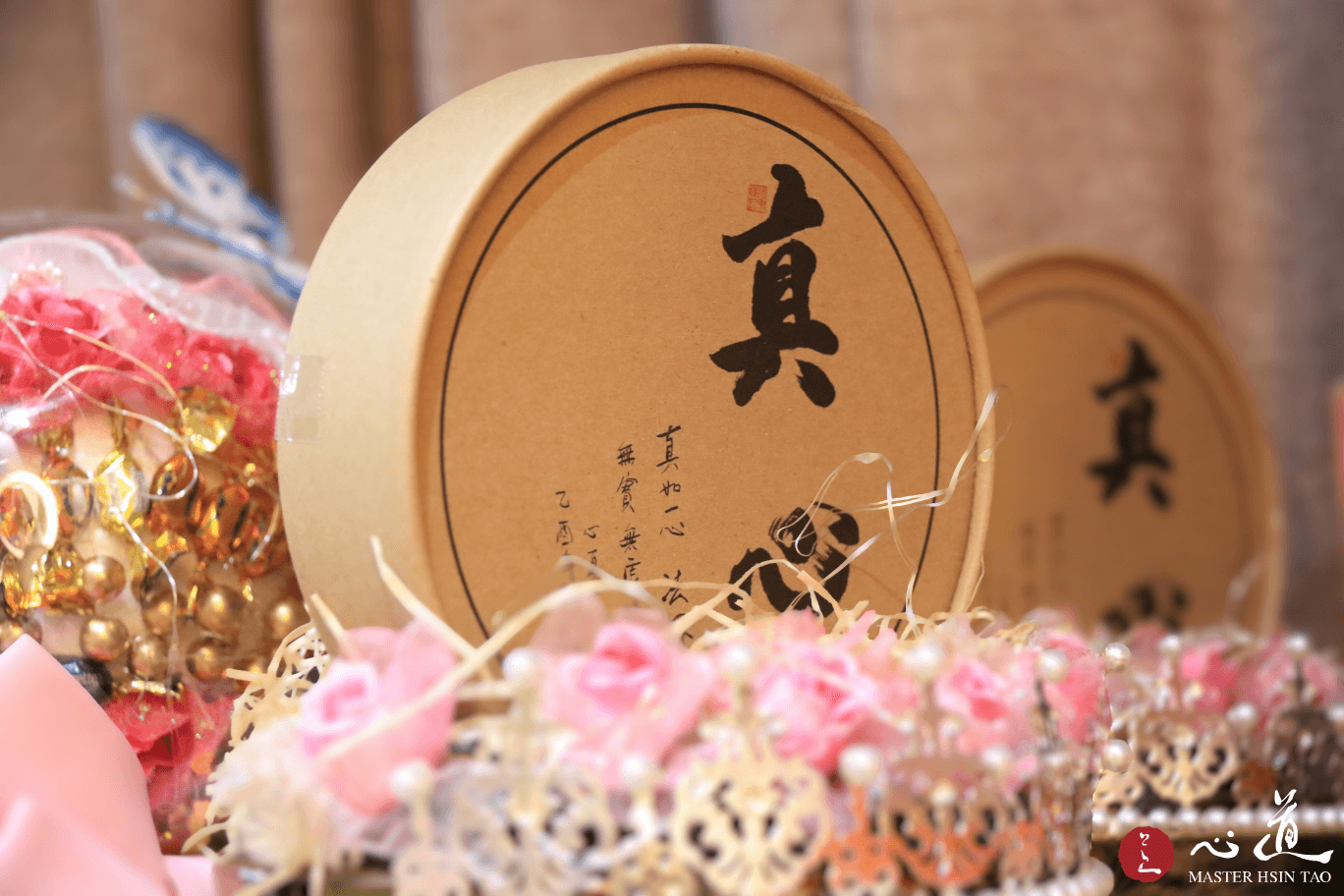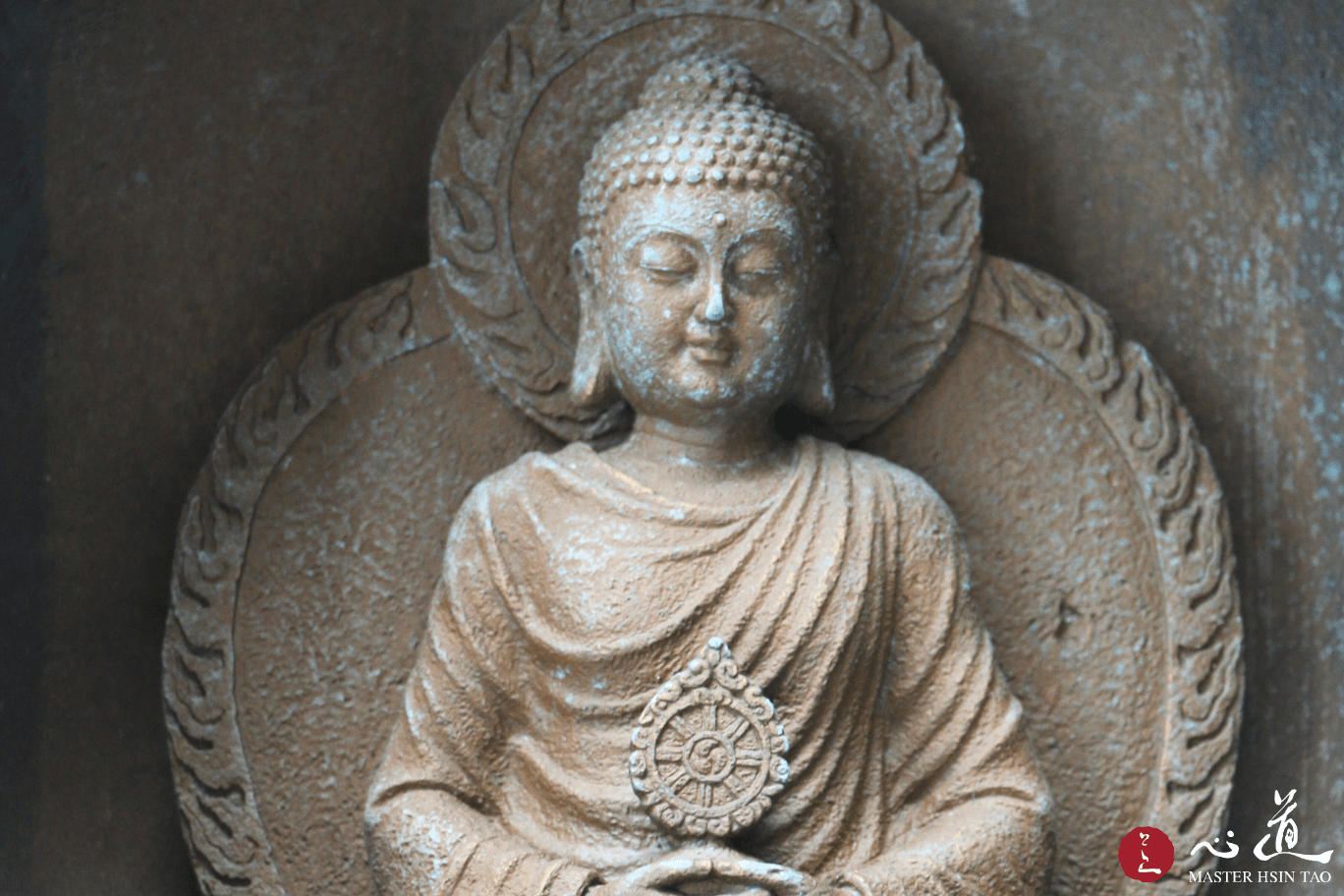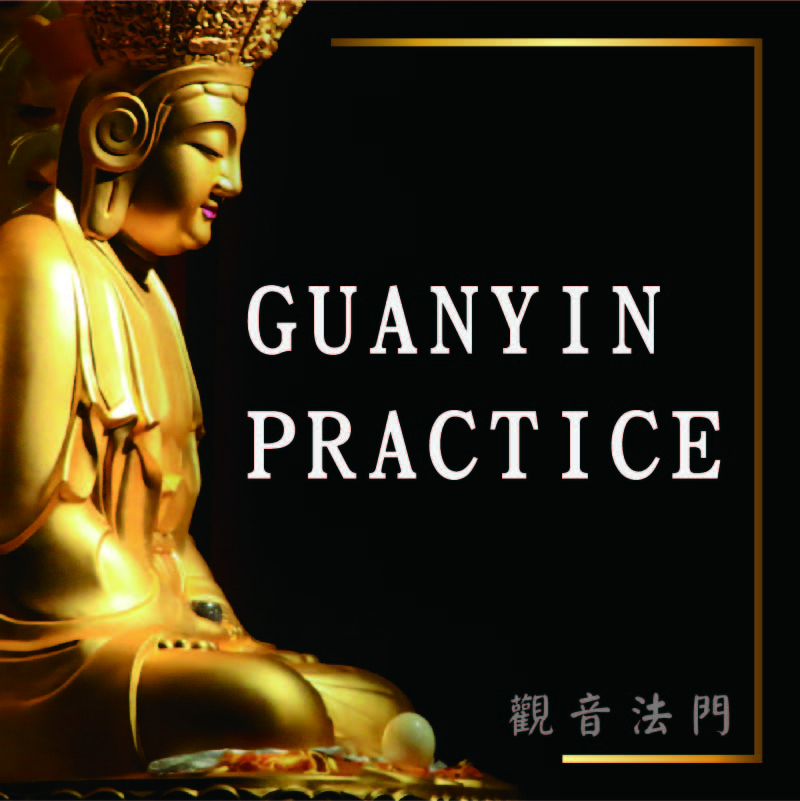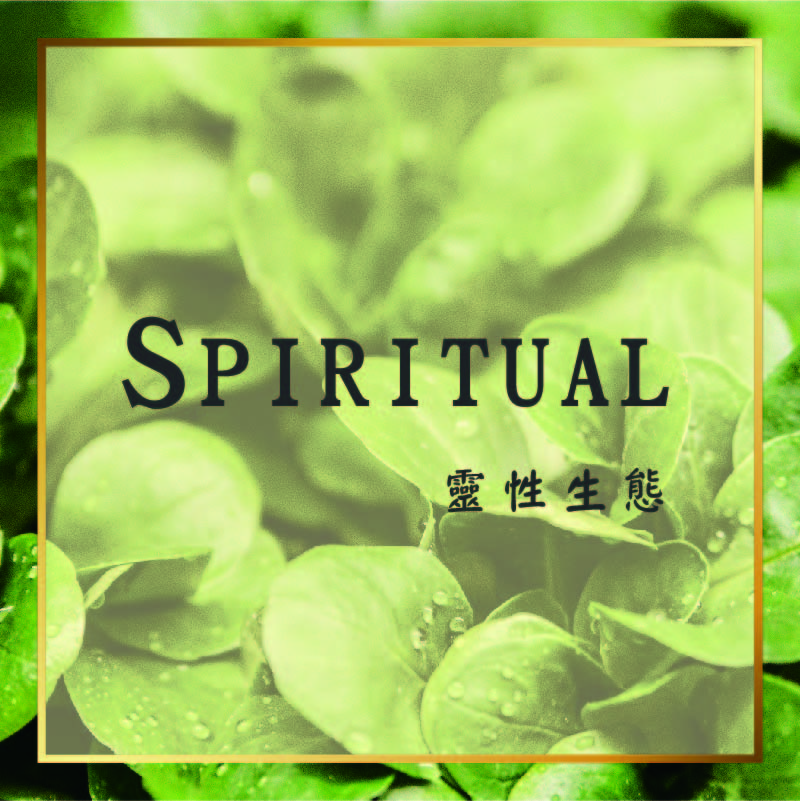
Awakening in Everyday Life
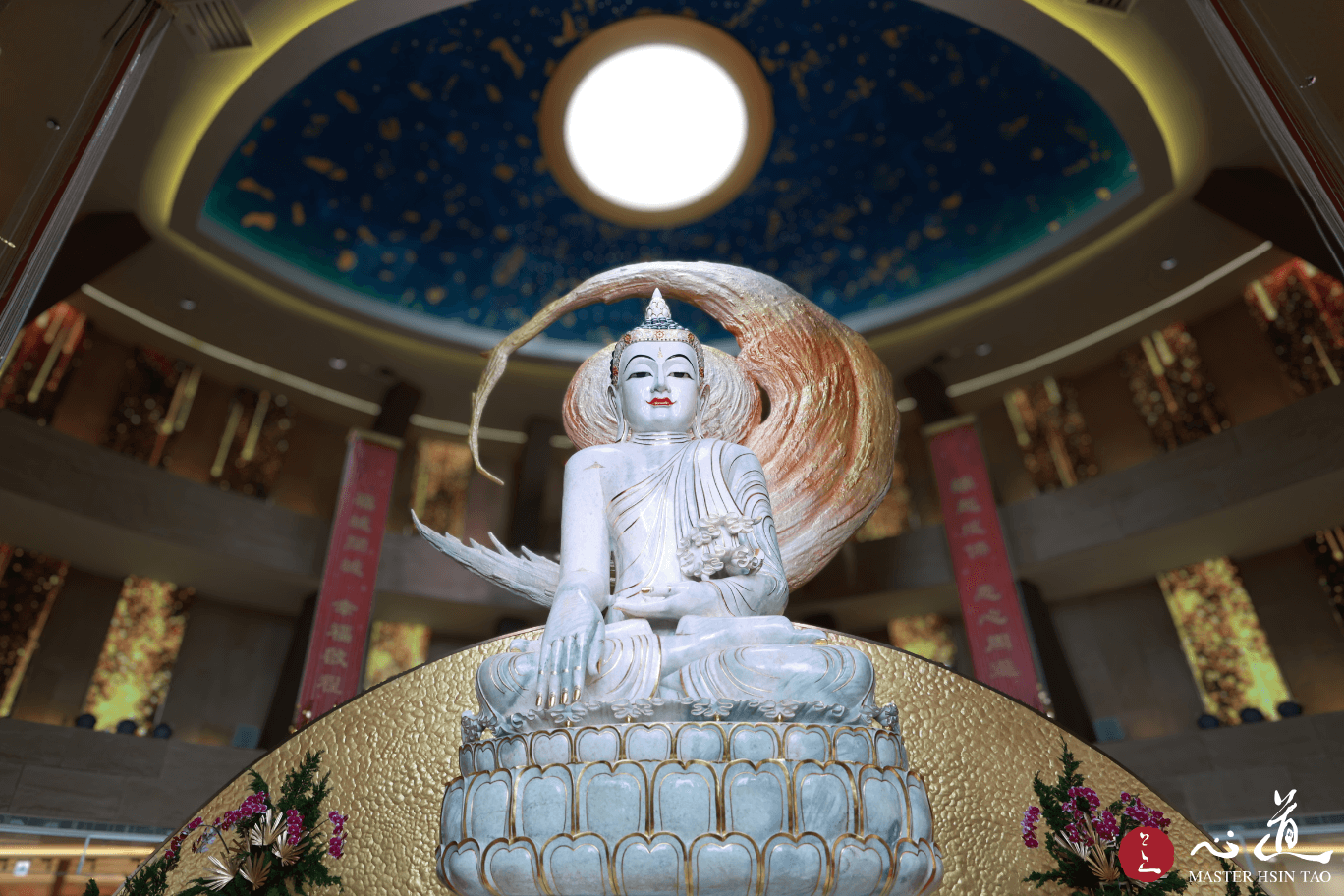 In daily life, if we lack correct views and values, our lives will become chaotic and filled with afflictions. How, then, can we prevent afflictions from arising? Only by remaining constantly inseparable from the Dharma can afflictions cease to arise. For laities, the Dharma, in its fundamental sense, is to uphold the five precepts and cultivate the ten virtuous deeds, thereby reducing the arising of afflictions. In the context of the Hinayana, the aim is the pursuit of one’s own pure conduct and self-liberation. On an expansive scale, the Mahayana emphasizes compassion and the undertaking of beneficial activities in the secular world; thus, as disciples of the Mahayana, we must follow the bodhisattva path—living and giving with compassion.
In daily life, if we lack correct views and values, our lives will become chaotic and filled with afflictions. How, then, can we prevent afflictions from arising? Only by remaining constantly inseparable from the Dharma can afflictions cease to arise. For laities, the Dharma, in its fundamental sense, is to uphold the five precepts and cultivate the ten virtuous deeds, thereby reducing the arising of afflictions. In the context of the Hinayana, the aim is the pursuit of one’s own pure conduct and self-liberation. On an expansive scale, the Mahayana emphasizes compassion and the undertaking of beneficial activities in the secular world; thus, as disciples of the Mahayana, we must follow the bodhisattva path—living and giving with compassion.
Compassion is the very essence of the bodhisattva path. In daily life, if we lack compassion, we will hardly accumulate any merit; if we live with a calculating mind, our merit will diminish; if we are unwilling to give, we are, in effect, pushing merit away. Within the six realms of cyclic existence, only in the human realm is there the opportunity to cultivate merit. In the realm of hungry ghosts, there is no merit to be created—only the painful result of insatiable hunger and thirst. In the hell realms, beings undergo the full measure of infernal torment, with no opportunity to accumulate merit. In the animal realm, ignorance prevents the performance of virtuous deeds. In the deva realm, the indulgence in abundant pleasures of celestial beings leave them without the thought to engage in meritorious acts.
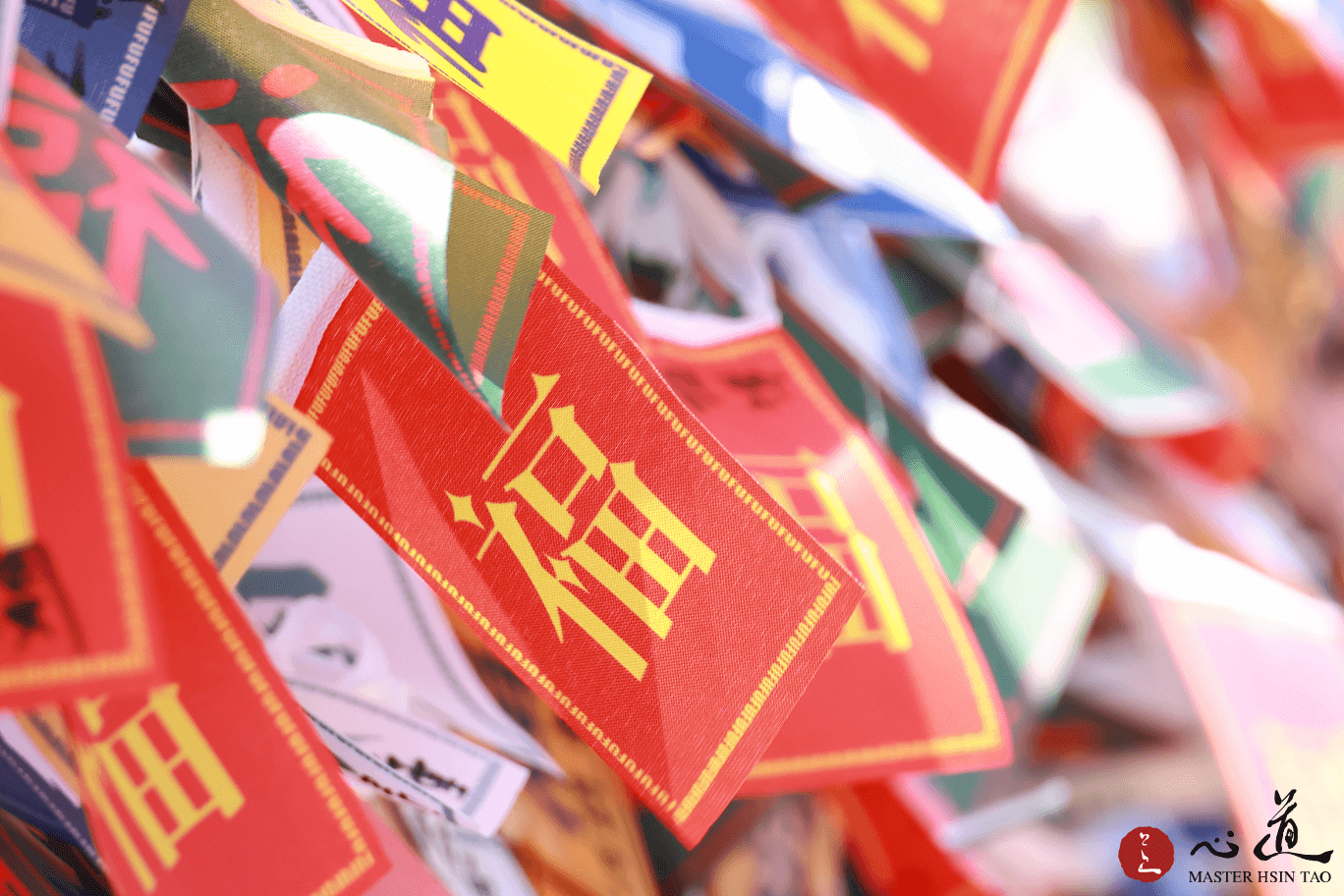 Therefore, having now attained this rare and precious human birth, our purpose in life should be to diligently accumulate both merit and wisdom. Sentient beings are the very subject from which we cultivate our merit and wisdom. Acts of giving are not solely for the benefit of others, but also for our own sake, for every deed we perform—whether virtuous or non-virtuous—will ultimately be experienced ourselves. Hence, we must make the most of this fleeting human life to sow virtuous karmic seeds, so that we may reap abundant merit and wisdom.
Therefore, having now attained this rare and precious human birth, our purpose in life should be to diligently accumulate both merit and wisdom. Sentient beings are the very subject from which we cultivate our merit and wisdom. Acts of giving are not solely for the benefit of others, but also for our own sake, for every deed we perform—whether virtuous or non-virtuous—will ultimately be experienced ourselves. Hence, we must make the most of this fleeting human life to sow virtuous karmic seeds, so that we may reap abundant merit and wisdom.
We are sowing seeds every day; there are ninety instants within a rise of thought. These thoughts are at times virtuous, at times non-virtuous. How, then, do we rectify the fluctuations of such thoughts? The way is to engage in daily examination and reflection upon our conduct and thinking, so that every moment of our lives may be virtuous and continually accumulate the causes and conditions of merit.
Every small event in daily life is an opportunity for dharma practice, and the highest form of practice is awakening within everyday living. Upon awakening, one is already in the Pure Land of Amitabha (Sukhavati), in the very state of ultimate bliss. Therefore, if we wish to attain the realm of the Pure Land, we must constantly engage in acts of generosity. Naturally, this will lead to harmonious relationships with others; with harmonious relationships, merit will follow, and with merit, wisdom will arise. Thus, what we ordinarily regard as mundane affairs are, in truth, great matters of the Buddha’s work.


